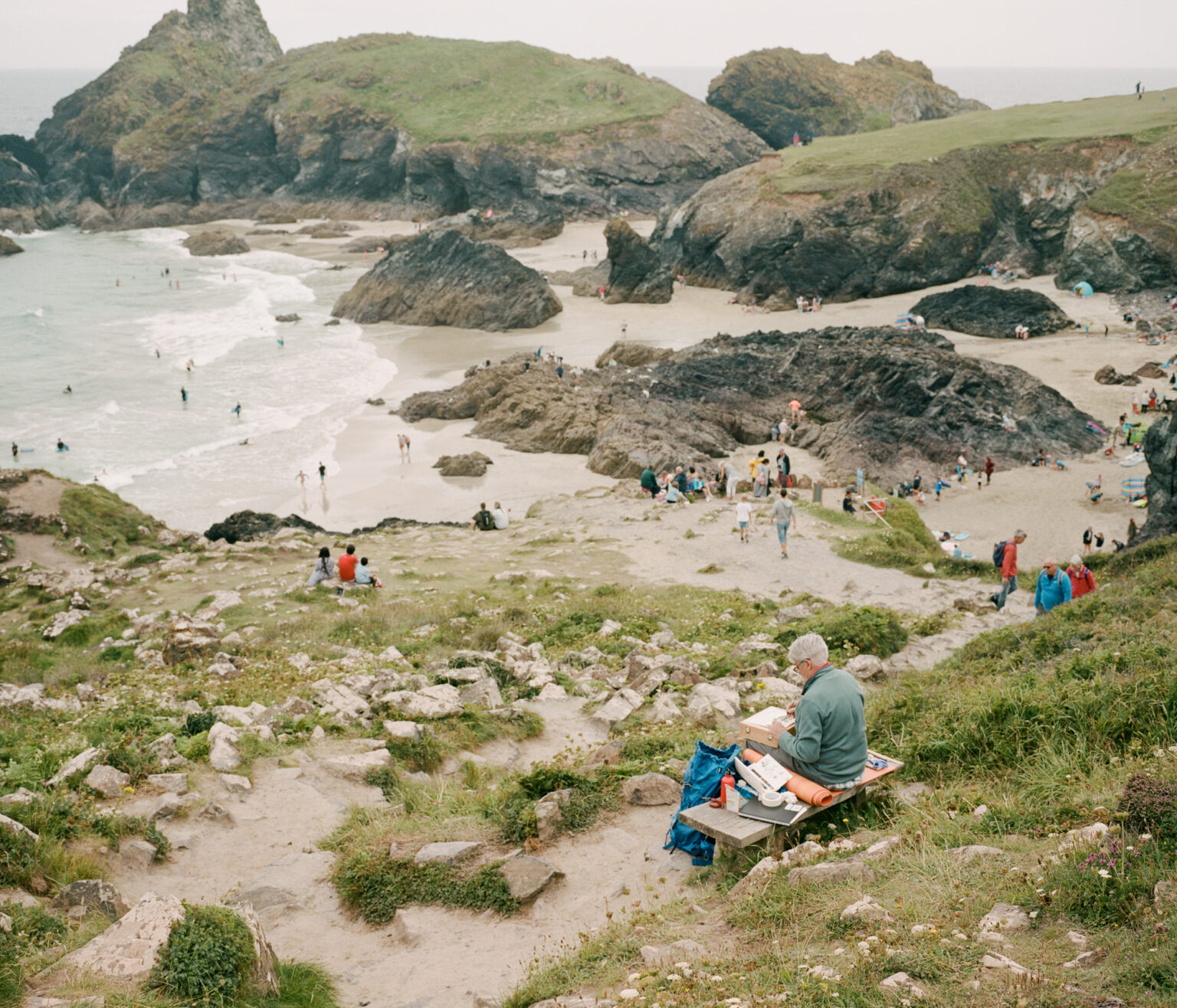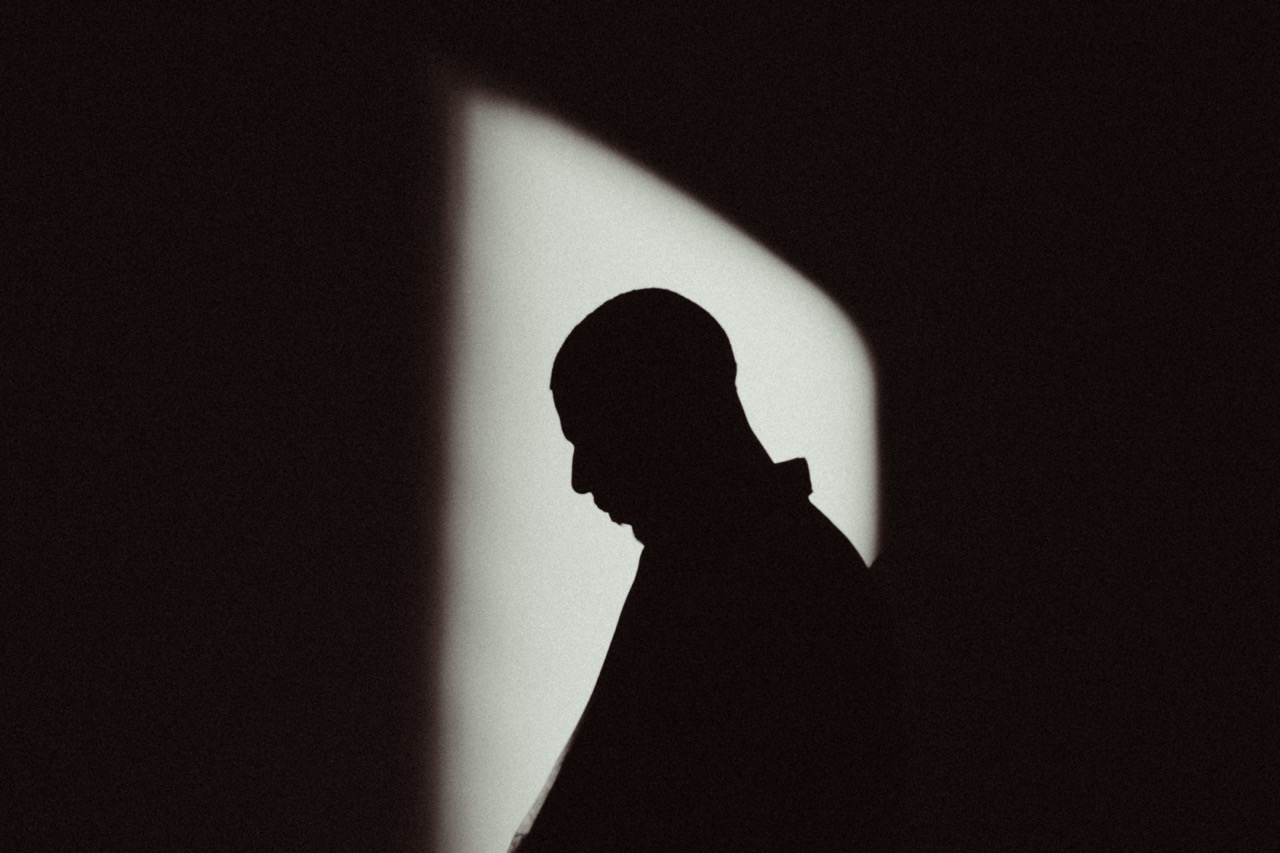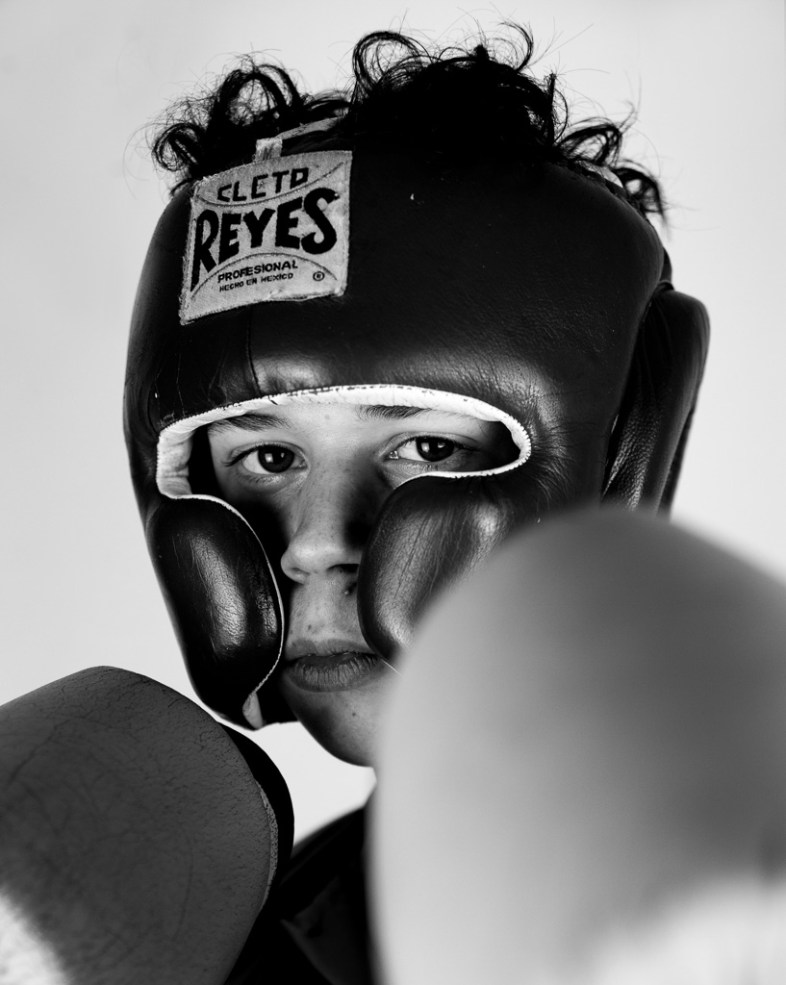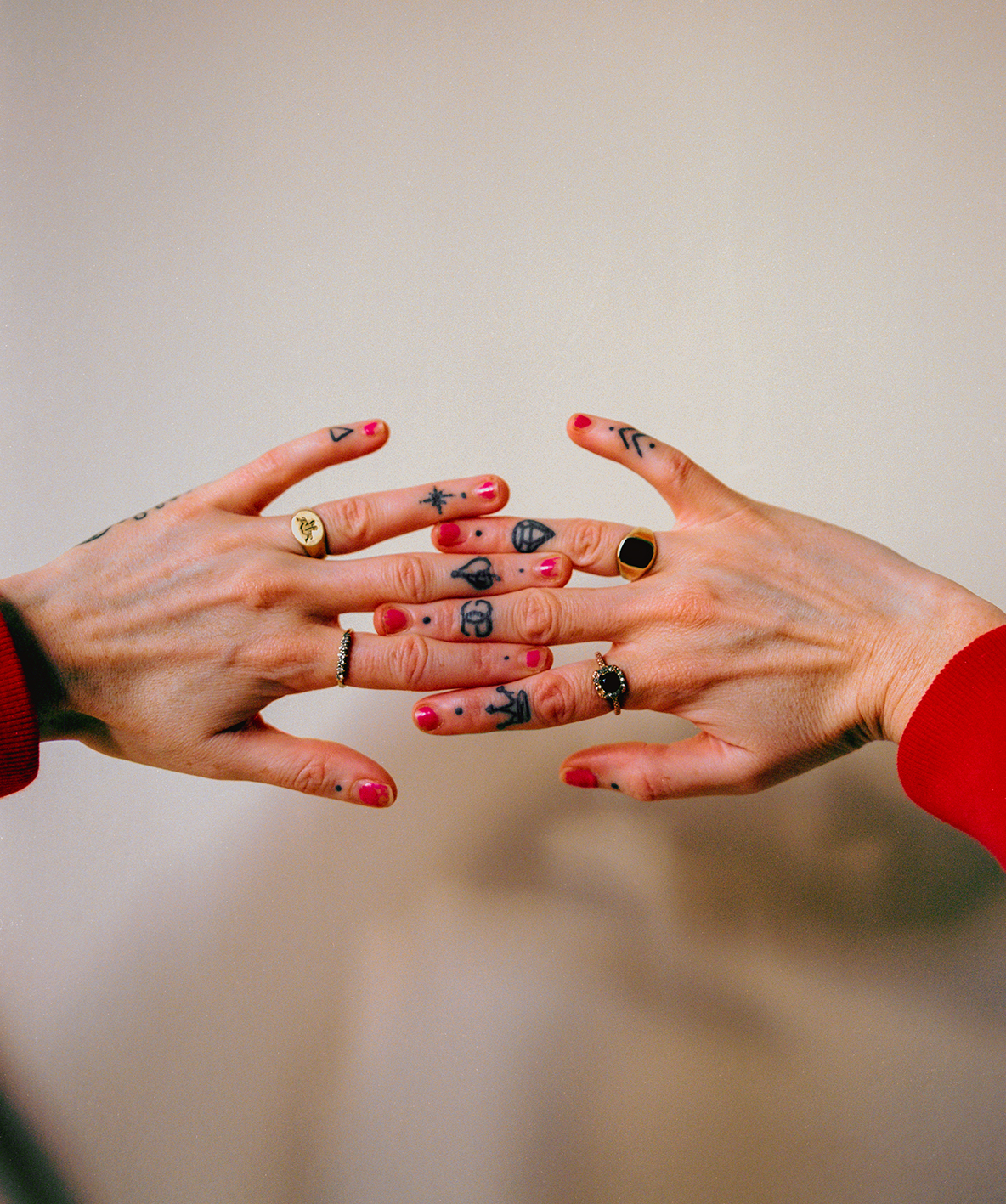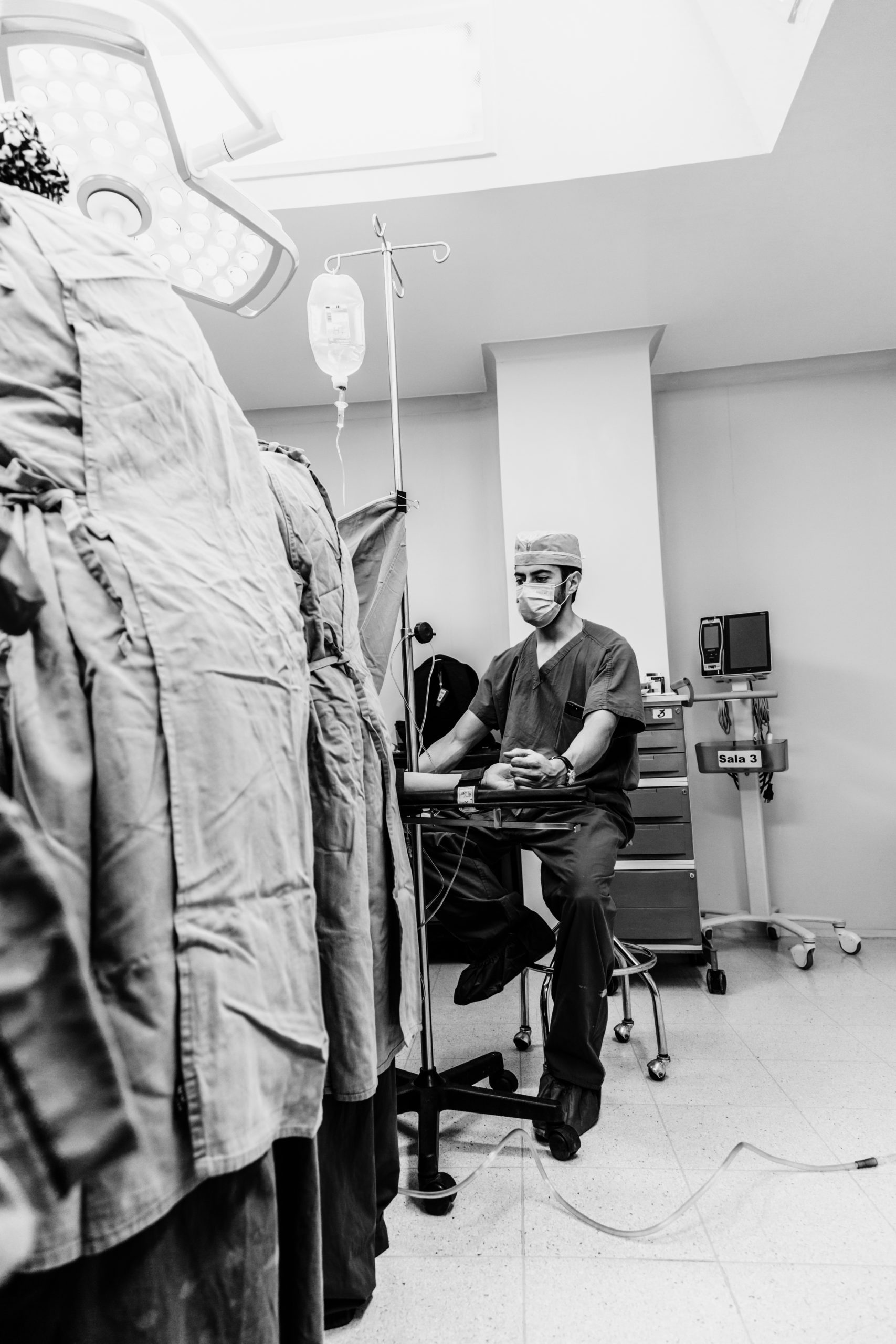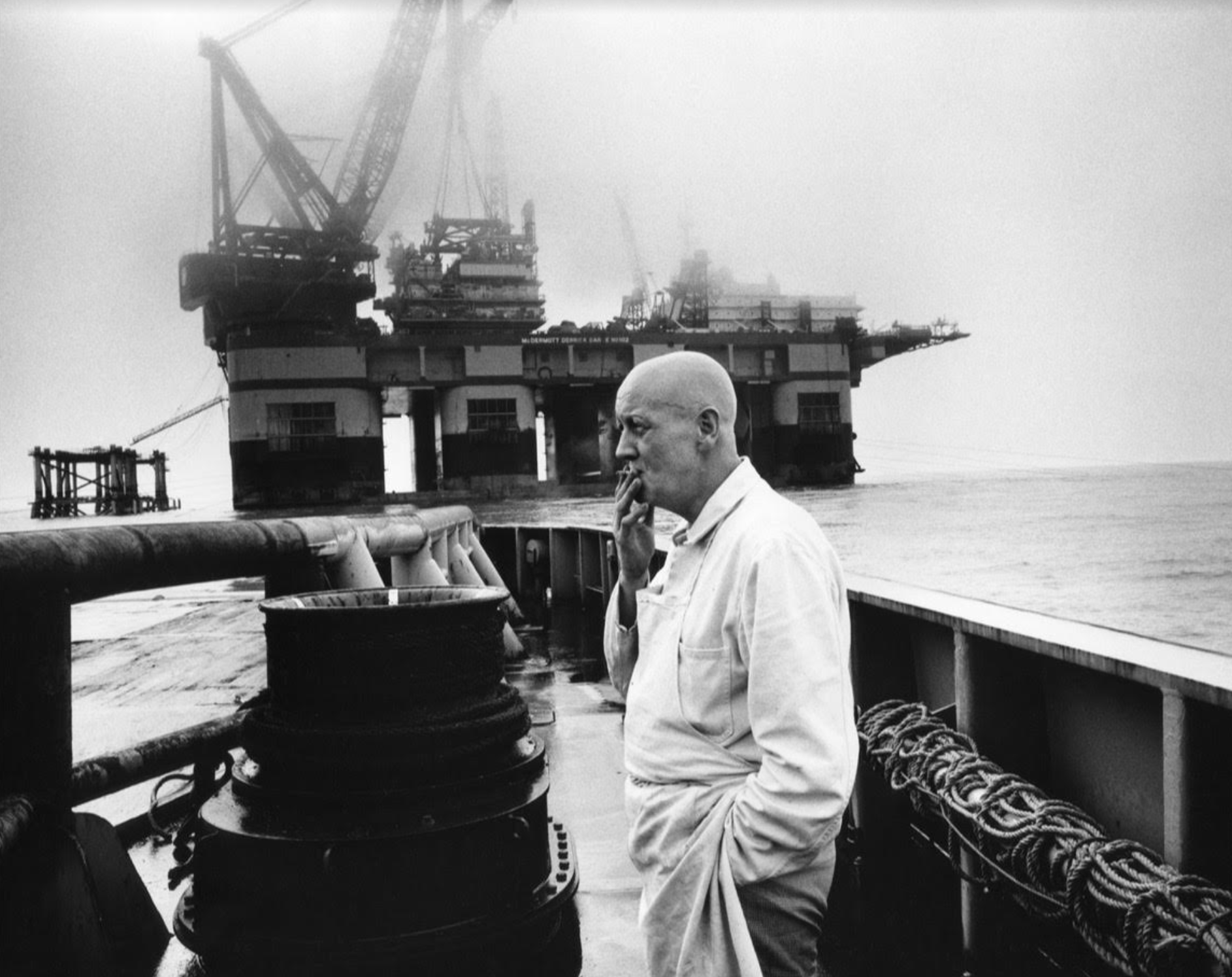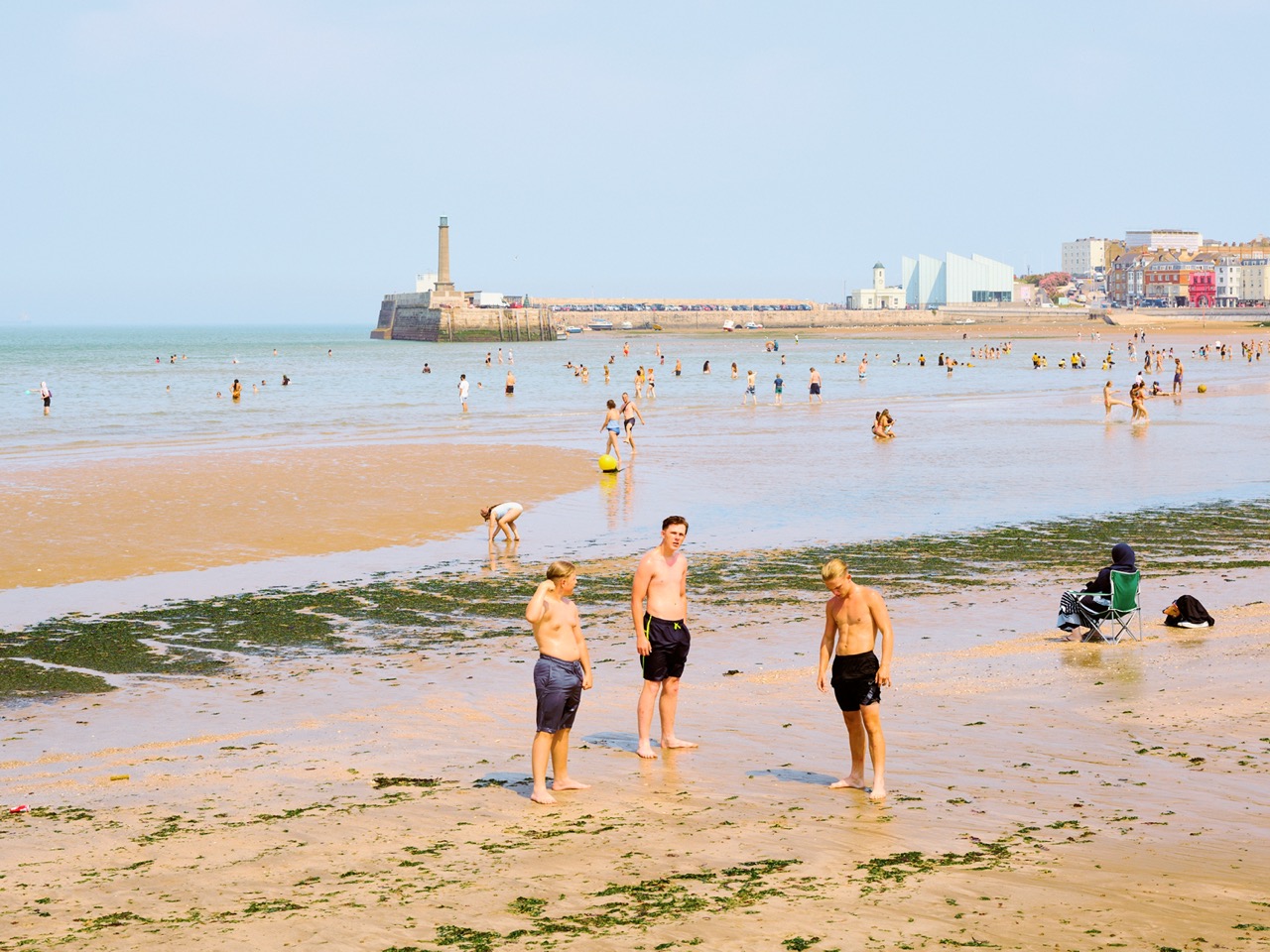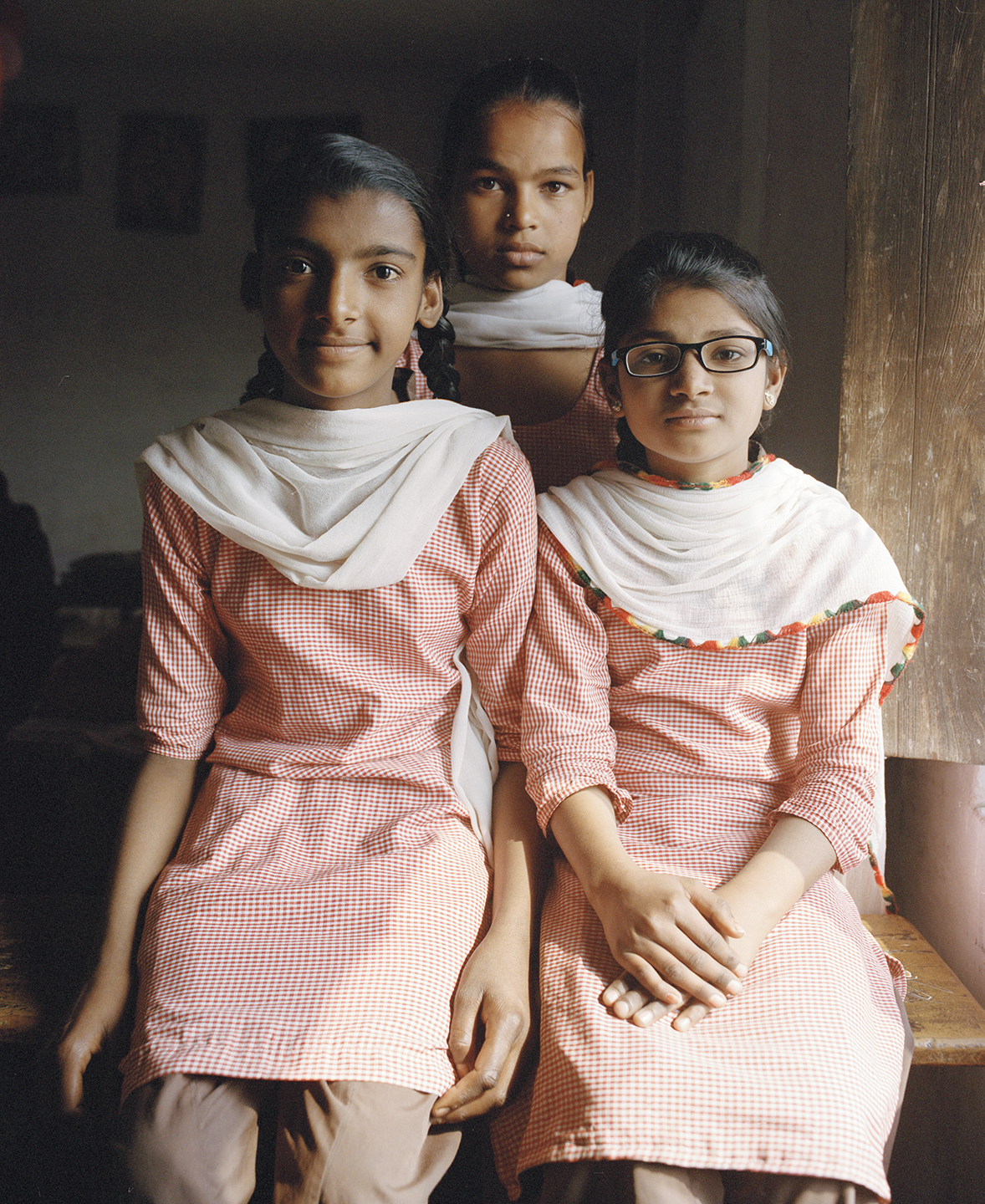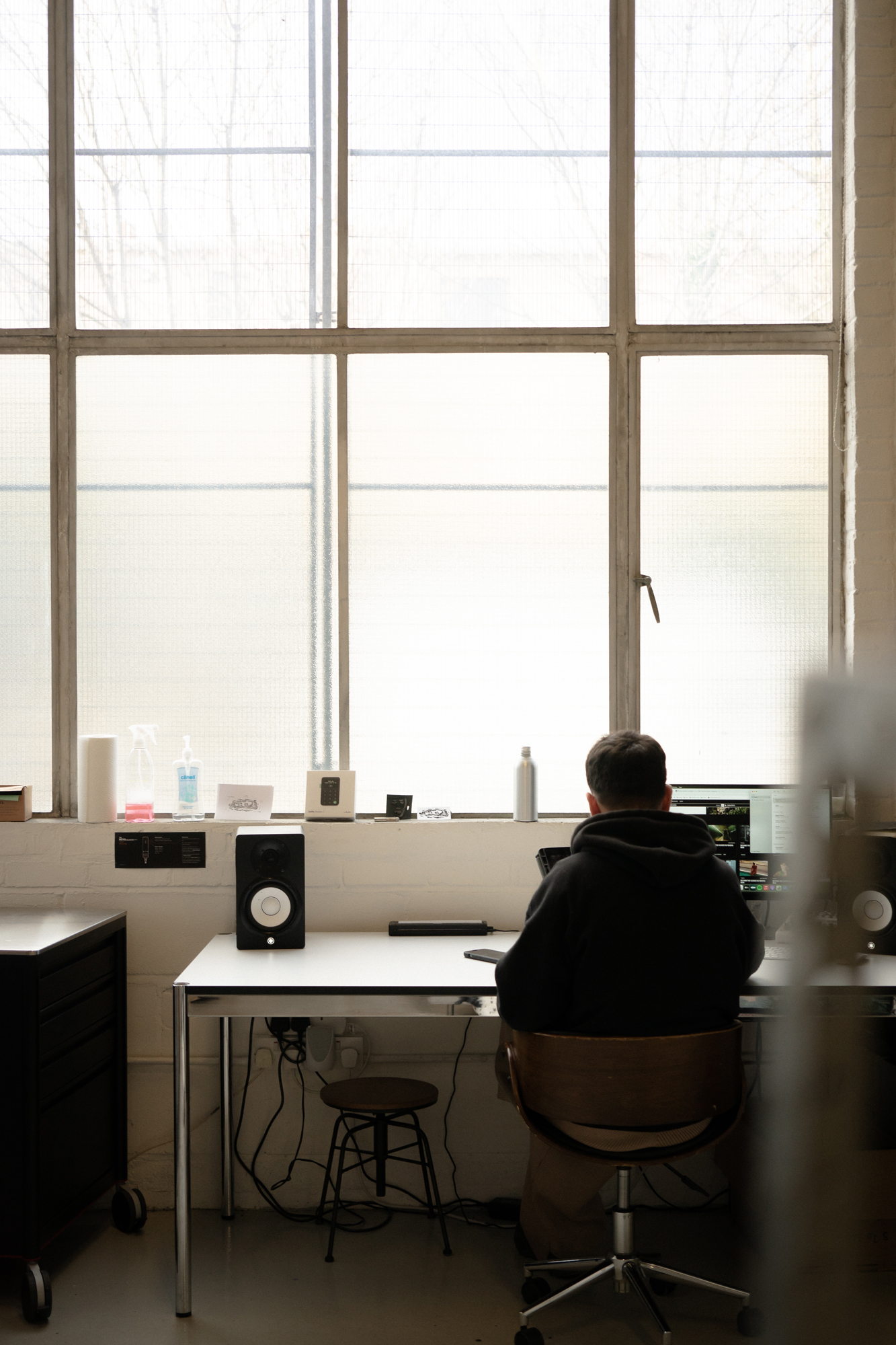As part of an annual project, we are working with students within the arts who are passionate about others practices, projects and stories. Examining and exploring post-arts education life and searching for advice from some of the most influential up and coming practitioners, last month, we had the pleasure of working with Salford University photography student Hollie Wiltshire. Hollie specialises in photojournalism and documentary photography but also has varied interests that including graphic design, landscape photography and studio photography. In this feature, Hollie discusses the best and hardest parts of working within the creative industries, the paths taken within careers, and advice to current students within photography. The first in the series of interviews sees Hollie in conversation with Chanel Irvine.
What’s your favourite part of your job?
People. I love meeting and talking to strangers, and I have always found my camera to be such a powerful tool in starting a conversation with someone that I might otherwise not have. It took me some time to build up the confidence to start approaching strangers in the street to take their portrait, but it has resulted in some of my favourite photographs to date. Whilst some people will inevitably say no, I’d say I have a very high “yes” rate and the conversations I’ve been able to have with those people remain very memorable to me. Of course, I’d like my images to be able to tell a story without any words – but to me it is so important to engage with the people I’m photographing, because photography to me is all about communication and finding connection & commonality with those we don’t know. In saying this, a lot of my photographs are more observational, landscape scenes – but I hope these offer a degree of shared experience in our ability to relate to the commonplace activities I photograph.
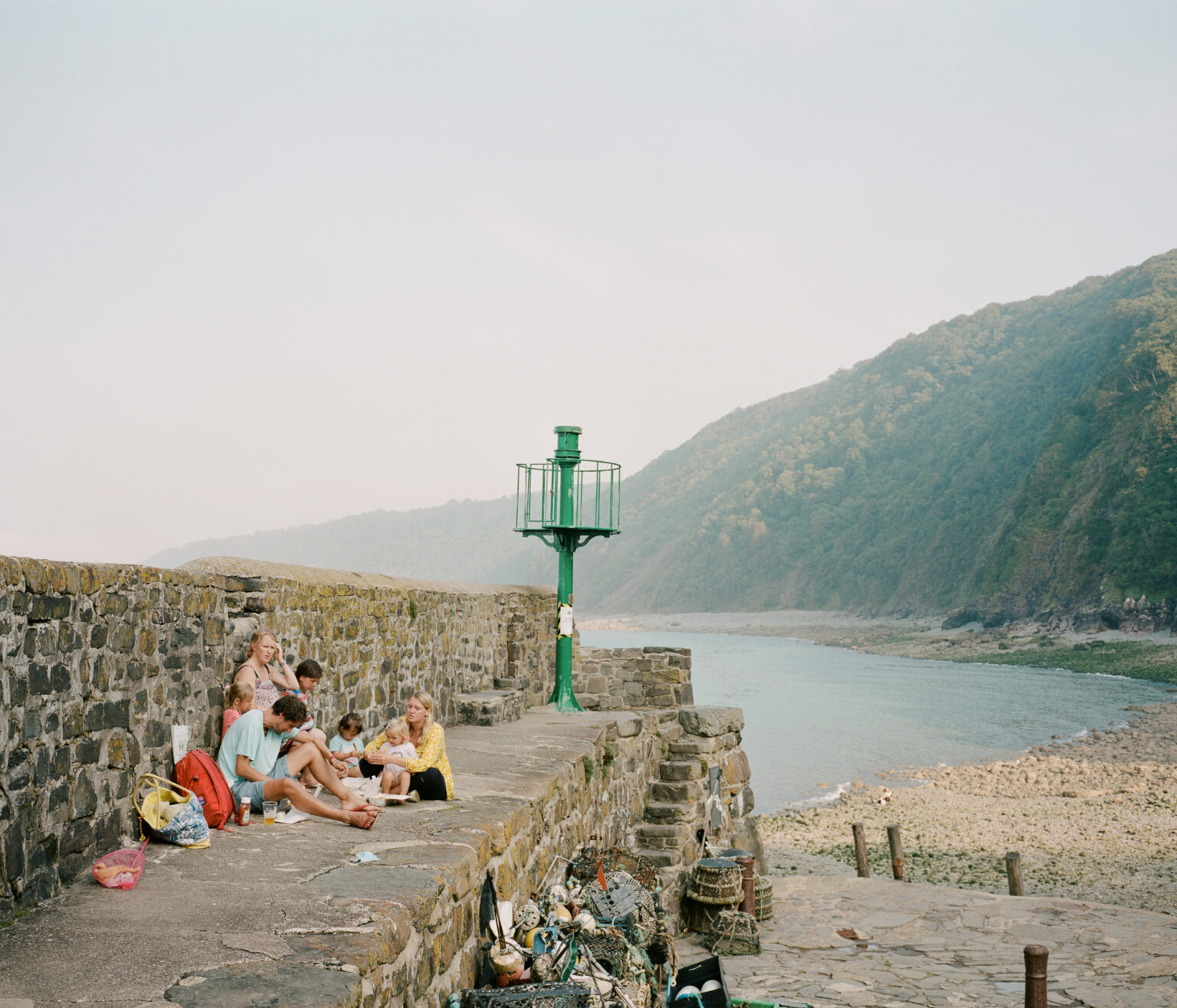
What’s the hardest part of your job?
There are certainly a few things…Money, for one. At this stage I cannot afford to work as a full-time documentary photographer, which means I have to support my living through other work. However, whilst writing up my business plan during my Master’s degree, I did actively decide to not make photography my sole form of income. I was hesitant to put that level of financial pressure on something that I feel so passionate about, and thought it was the best way to maintain my motivation and energy for photographic projects of my own choosing. I have learnt that the strongest stories I am capable of producing are the ones I have a personal connection with. This decision has proven very valuable to me – as the commissions I have been receiving have been in direct response to this personal work and my commitment to a certain style and subject matter.
Because photography isn’t my full-time job, however, I’d say that the second hardest aspect for me is finding the additional time and motivation outside of my ‘day job’ for my photography. As most photographers will know, so much of our work is spent behind a screen – selecting and editing images, doing project write-ups, managing our marketing and financial strategy and sharing our work far and wide. I do sometimes struggle with effectively having two full-time jobs, and then balancing that with my personal life and my need to breathe from time to time too.
What paths did you take after education to get to where you are now?
I think the simplest answer is that I shot what I felt compelled to – scenes that resonate with my own visual identity as a photographer – and sent it to as many magazines, online platforms, open calls and competitions as I could. In such a saturated market, each photographer really needs to take the initiative and make the time to get their own name out there – in any way available to them. It’s a long (and sometimes demoralising) process, but it does have a domino effect; one bit of coverage in a magazine or on a website can easily lead to another, and within the photography community (even if that just means Instagram) you can start to build credibility for yourself. Another thing that I did, however, was to say yes to any photographic opportunity I was offered – each shoot built my confidence as well as my portfolio, which is undoubtedly any photographer’s greatest and most important asset.
Do you have a degree and if so, do you think it has helped you to become successful?
I completed a Bachelor’s degree in Politics, Philosophy and Economics in Australia, where I focused on issues of global and social justice. I studied PPE because I was, and still am, incredibly passionate about people and interested in the different issues they face and combat – across all levels of society. I wanted to have an informed and balanced understanding of the socio-political, economic and philosophical forces that drive them. This degree made me a meticulous researcher, and I believe stories are always paramount to visuals. Because of this, I always work to ensure my photographs honestly reflect the experiences and history of the people and places I photograph. I also completed a Master’s in Professional Photography, which has certainly helped me on my journey to where I am now, though perhaps not in the way I thought it might have. Simply having a “Master’s” doesn’t guarantee you success or commissions – most people won’t even know if you have degree in photography or not; your photographs speak for themselves. In saying that, however, I don’t think I would be where I am today if it weren’t for that experience. It helped me realise which area of photography (documentary) I wanted to specialise in, it gave me the time and space to research and learn about all the countless photographers that inspire my work, I was taught the importance and intricacies of all of the organisational elements of working as a professional photographer (from model releases to backing up files) and it gave me the opportunity to write a complete and practical business plan for myself.
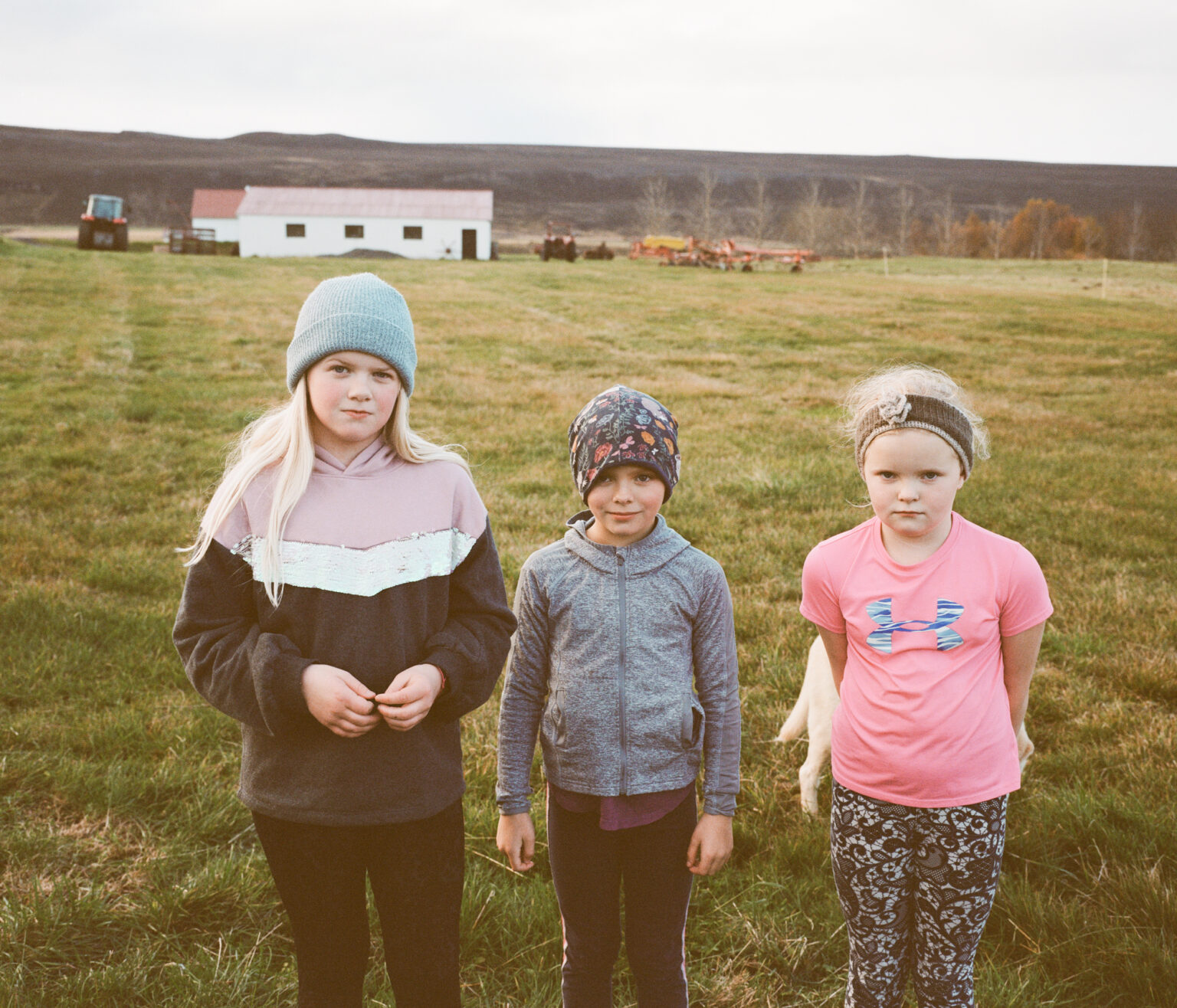
Do you wish you did anything different while studying / starting your career? Do you have any regrets?
Sometimes I wish that I had done a Master’s in documentary photography specifically, as I did spend a lot of my degree photographing things that aren’t relevant to my practice today and I would have loved to spend the entire time building up one consistent portfolio of portraits and documentary images. However, I didn’t even know that I wanted to specialise in documentary photographer when I chose my degree – so I really can’t regret that at all. If I could go back and do my degree again, however, I think I would have loved to be more confident and ambitious in my projects and to have stepped out of my comfort zone even more than I did.
Do you have any advice for current photography students trying to make a name for themselves and start their career?
Get off of Instagram – now. It was one of the most valuable pieces of advice one of my teachers gave me. I was spending so much time comparing my images, Instagram grid and website with the photographers I so admire. Each time I did, I started questioning why I was photographing – “the world doesn’t need my photos with all this great work already out there” was a thought that was constantly running through my mind. But we do need your work, which is why my second piece of advice would be to shoot what is personal to you, what you care about. This is what makes you unique and allows you to add something new to the industry. Consider the resources at your disposal – the people you know, the places you have access to. As a storyteller, you’re in the best position to share stories with people who don’t otherwise have access to them. So, don’t go shooting what other people are shooting. I realise this might sound rather hypocritical given my focus on the English seaside (potentially one of the most popular subjects over here) but I do try to balance that out with my other projects and portraits too. Once you have figured out what you want to focus on – as I’d say that having a niche that can make your work consistent is incredibly important – get back on Instagram, as it can be a really powerful community to be a part of.
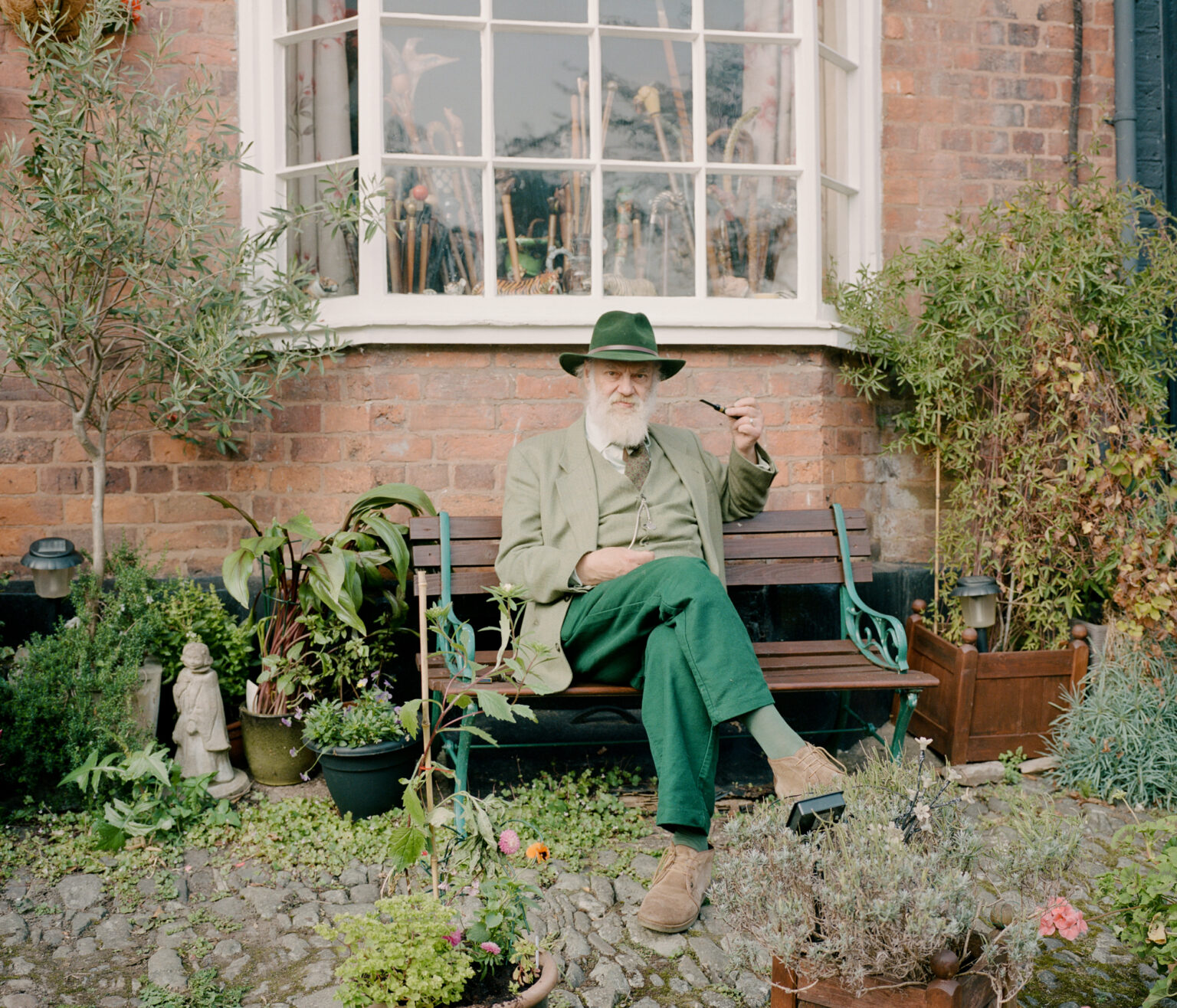
If you could work with any photographer, who would it be and why?
Sian Davey. Even if that meant simply watching her shoot; her photographs inspired me to buy my camera (a Mamiya 7ii) and I think her portraits of Martha and Alice are some of the most poignant ones I have ever seen.
Why did you choose to pursue a career in photography?
I have been taking photos since I was at school. My first photographic subjects were my primary school friends; I attempted to capture the naïve silliness of our morning tea and lunch breaks. When I began travelling more broadly after school, my photographic interest shifted to architecture and landscape, and finally moved to the interaction between people and place. Whilst I was completing my Bachelor’s degree in Australia, my best friend died in a tragic accident. This made me reassess what I wanted to do with my one very short life, and I felt compelled to do something that I was passionate about. Whilst photography isn’t my full-time job, it is a career that brings a lot of meaning and fulfilment to my life, and I am incredibly grateful to Harriet for making me change course – I don’t think I’d be where I am today if it weren’t for her.
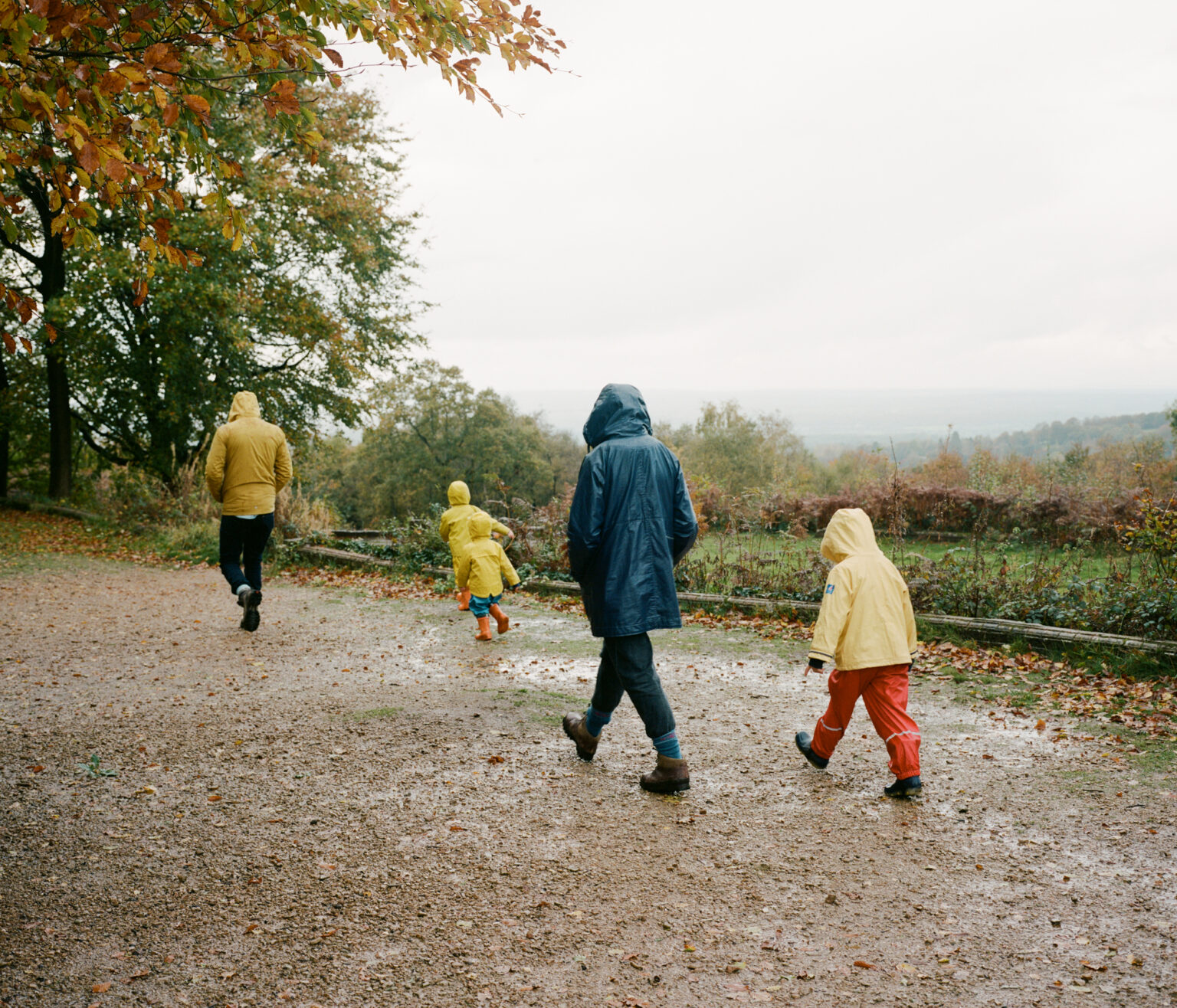
Out of all the photography you’ve completed, which is your favourite series or shot and why?
Honestly, I don’t know. I am perhaps most proud of my ‘English Summer’ images, and they seem to be the ones I am best known for – the series I completed in the summer of 2019 certainly kicked off a lot of recognition and commissions for me. In saying that, I think my favourite shots are probably my portraits of strangers – as I think about all of the times I could have kept on walking and then kicked myself later for not taking what I knew would be a beautiful photograph. The photograph of Nikolai (the man smoking a pipe) in Montgomery is one that springs to mind here.
Do you think you have developed or adapted your photography over time and if so, how?
100%. Since completing my Master’s, I now shoot almost exclusively on film – the only exception being for client shoots or commissions that require fast turnaround, digital files. I know a lot of people shoot on film for the “aesthetic” but it is so much more than that to me. I found myself to be a lot more patient and considered when shooting on film, and I find the whole process to be a lot more meditative and thoughtful. I love not being able to see the results straight away – sometimes that leads to disappointment but it has forced me to learn from each roll of film I’ve taken, to avoid making the same mistakes in the future. It also minimises my time spent editing the images – which is a part of photography that has never particularly excited me. Shooting on film is obviously expensive, so it has also forced me to really think about what I want or need to shoot, what type of portfolio I want to be developing. Whilst I wish I could take photos of everything, I really just can’t afford it and it has made me really consider what projects I want to pursue, to help make my portfolio as strong and consistent as it can be.
